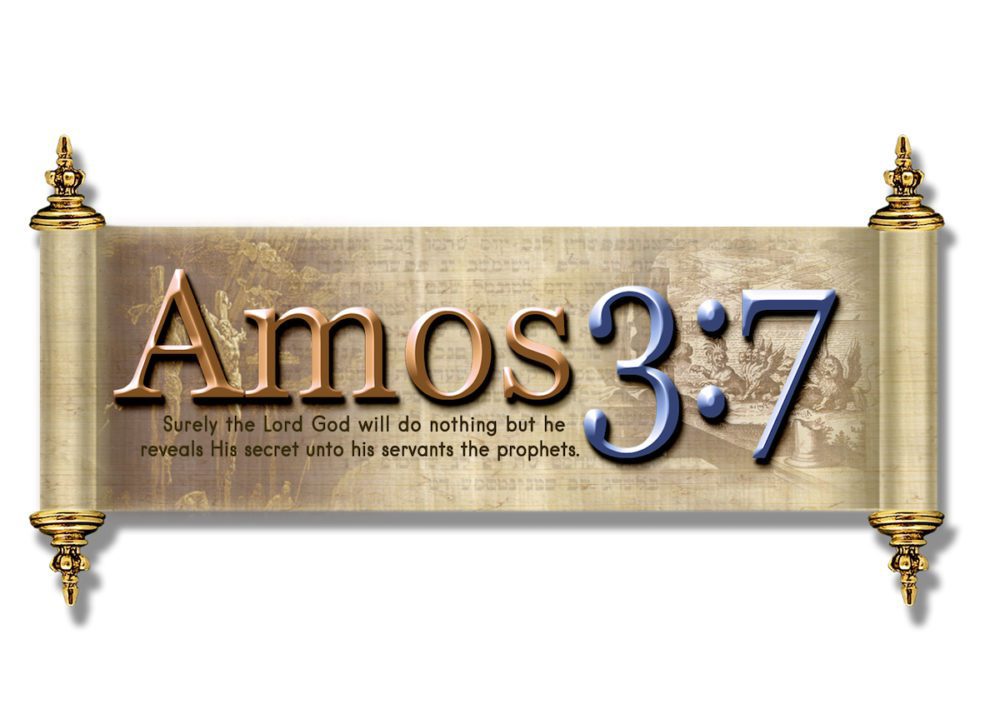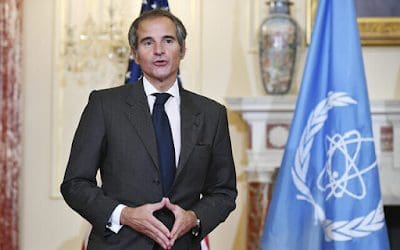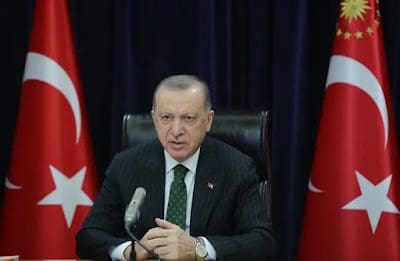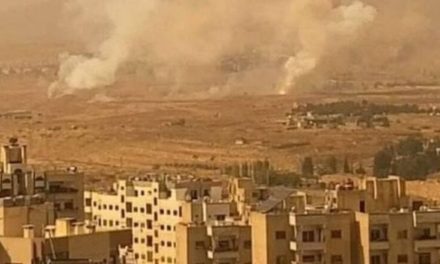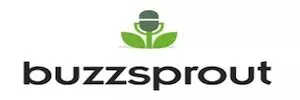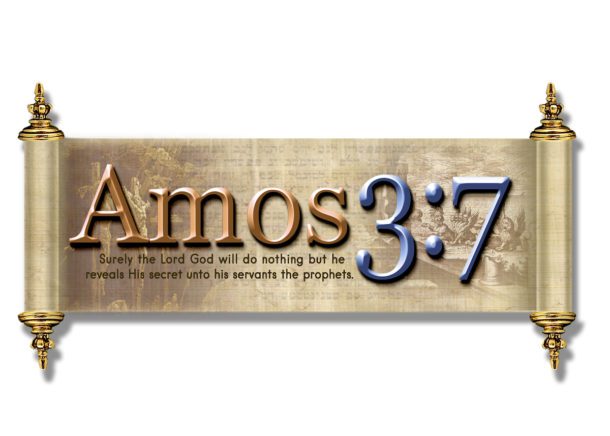The head of the International Atomic Energy Agency said the watchdog’s monitoring program in Iran is no longer “intact” after Tehran refused requests to repair surveillance equipment damaged in a June attack on an Iranian nuclear site that has been blamed on Israel.
The drone attack in June reportedly hit the Iran Centrifuge Technology Company, or TESA, in the city of Karaj, northwest of Tehran. According to a report by the International Atomic Energy Agency, the blast destroyed one of its cameras at the site and heavily damaged another. It is unknown how many cameras are there.
IAEA Director General Rafael Grossi said in a Saturday interview with NBC News that Iran cited its ongoing investigation into the attack in refusing the United Nations watchdog access to the site or the ability to replace the damaged cameras.
Grossi told the network that without that access, the IAEA’s monitoring and verification program in Iran is “no longer intact.”
“It hasn’t paralyzed what we are doing there, but [the] damage that has been done, [it has the] potential of us not being able to reconstruct the picture,” of what the Iranians have been doing at the site,” he said.
“If and when the JCPOA will be restarted, I know that for the JCPOA partners to go back to an agreement, they will have to know where they are putting their feet,” Grossi added, referring to the 2015 nuclear deal.
Last month, Iran acknowledged that it had removed several damaged surveillance cameras installed by the IAEA at the Karaj site.
In July, Iran accused Israel of mounting the sabotage attack on the site, which makes components for machines used to enrich uranium. Without disclosing details of the assault, Iranian authorities acknowledged the strike had damaged the building.
The attack on Karaj was just the latest in a series of suspected assaults targeting Iran’s nuclear program that have heightened regional hostilities in recent months, as world powers attempt to salvage the now-collapsed nuclear deal. Israel is widely believed to have carried out the sabotage, though it has not claimed responsibility.
Grossi’s warning came amid stalled EU-brokered negotiations to revive a 2015 landmark agreement scaling back Iran’s nuclear program in exchange for sanctions relief.
That deal started to fall apart in 2018 when the United States withdrew from it and reinstated sanctions. Iran in turn again started to ramp up its nuclear activities.
Talks began in April in Vienna between Tehran and the remaining five parties to the 2015 deal, aimed at bringing Washington back into the agreement.
But that dialogue has been stalled since June, when ultraconservative Ebrahim Raisi won Iran’s presidential election.
Grossi also told NBC that he had not yet spoken to Iran’s new foreign minister, Hossein Amir-Abdollahian, who was appointed by Raisi in August.
IAEA chief: Monitoring ‘no longer intact’ at Iran site allegedly hit by Israel https://amos37.com/iaea-chief-monitoring-no-longer-intact-at-iran-site-allegedly-hit-by-israel/
| Josh Toupos |
